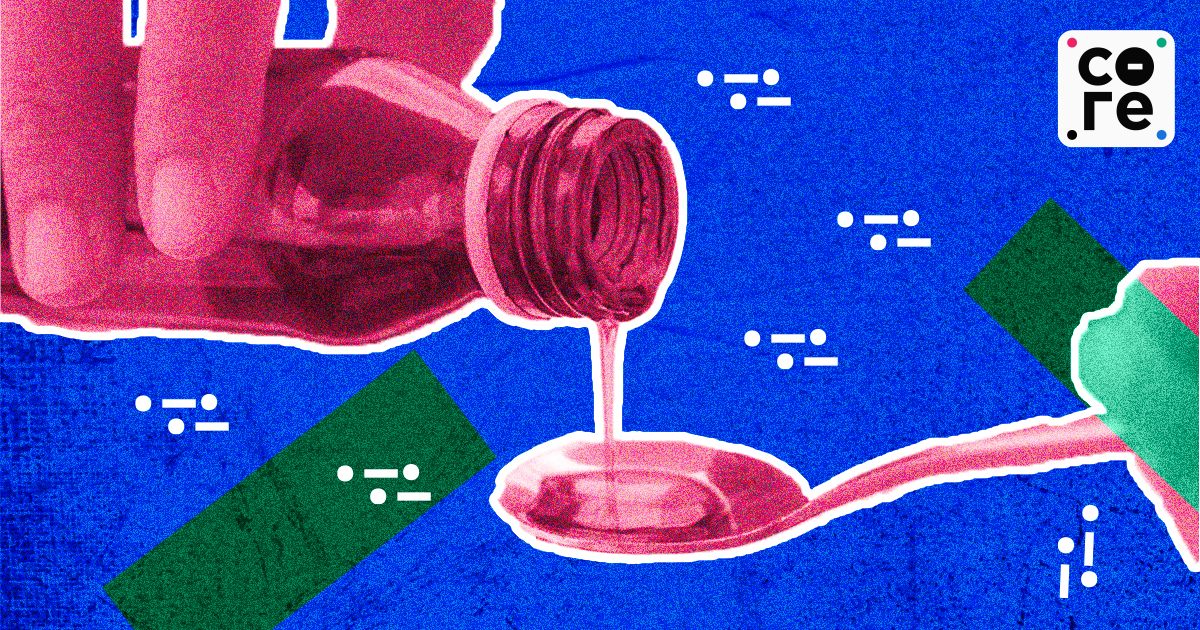
- Home
- Top Stories
- Why India Is Setting Up New Regulations...
Why India Is Setting Up New Regulations For Exporting Cough Syrups
The government has made it mandatory for cough syrup manufacturers to get samples tested and certified before they can be exported

India's $42 billion pharmaceutical industry is under the scanner yet again. This is because the government has made it mandatory for cough syrup manufacturers to get samples tested and certified by a government-certified laboratory before they can be exported, starting June 1, 2023.
In a notification on Monday, the Directorate General of Foreign Trade (DGFT) said that the export of cough syrup "shall be permitted after the export sample has been tested at one of the earmarked laboratories by the central government and a Certificate of Analysis (CoA) has been issued" by any of the laboratories mentioned in the notification. However, there will be no change to the existing free status of the export policy.
The laboratories where testing and certification will take place include Indian Pharmacopoeia Commission, regional drug testing lab (RDTL - Chandigarh), central drugs lab (CDL - Kolkata), central drug testing lab (CDTL - Chennai Hyderabad, Mumbai), RDTL (Guwahati)> and the NABL (National Accreditation Board for Testing and Calibration Laboratories).
Why Is This Being Done?
The DGFT's move comes after India-made syrups were linked to the deaths of nearly 70 children in The Gambia and 18 in Uzbekistan last year. Last month, the World Health Organisation (WHO) sounded a third alert over a batch of Guaifenesin TG syrup, made by Punjab-based QP Pharmachem Ltd, and said that the tested samples had been found containing "unacceptable amounts" of diethylene glycol (DEG) and ethylene glycol (EG).
Both DEG and EG are toxic and can be fatal if consumed. DEG is an industrial solvent used in manufacturing paint, ink and brake fluid and should not be used in medicines at all. One of the reasons these chemicals end up in medicines is because they can be used as cheaper substitutes for propylene glycol (PG), a viscous colourless liquid with a slightly sweet taste which is a key base of syrupy medicines. There is also a lack of adequate testing, despite the law mandating it.
The child deaths in The Gambia and Uzbekistan did prompt action. The government in October 2022 suspended production at Maiden Pharmaceuticals, after four cough syrups manufactured by the company were linked to fatalities in The Gambia. The license of Marion Biotech was cancelled and three employees were arrested in March 2023 after its cough syrups were linked to deaths in Uzbekistan.
Indian pharma companies exported $17.6 billion worth of cough syrup in FY 2022-23, an increase from $17 billion in 2021-22. The country is the world's largest provider of generic drugs, and the total market size of the Indian pharma industry is expected to reach US $130 billion by 2030.
What Concerns Remain
The legality of the regulations are raising some eyebrows. "The obvious concern we have with this move is the legality of issuing such an order under the Foreign Trade Act when the relevant legislation to regulate the pharma industry is the Drugs & Cosmetics Act, 1940," Prashant Reddy T, a lawyer specialising in drug regulatory law and co-author of ‘Truth Pill: The Myth of Drug Regulation in India', told The Core.
Plus, contaminated syrup tragedies are not limited to countries outside India. In 2020, 12 children in Jammu died after consuming toxic cough syrup. "We do not understand how this move targeting only exports protects Indian citizens? We have had 5 DEG poisoning events in India since 1972," Reddy told The Core. 14 children had died in Chennai in 1973, in 1986 14 patients had died in Mumbai and 33 children died in 1998 near New Delhi, due to DEG poisoning.
So will the order make way for tighter sales mandates within the country? "I don't know if it will extend to India - we'll have to wait and watch," Reddy said.
The government has made it mandatory for cough syrup manufacturers to get samples tested and certified before they can be exported
Jessica Jani is a producer and writer at The Core where she covers mobility, sustainability and energy transition. She is based in Mumbai.

